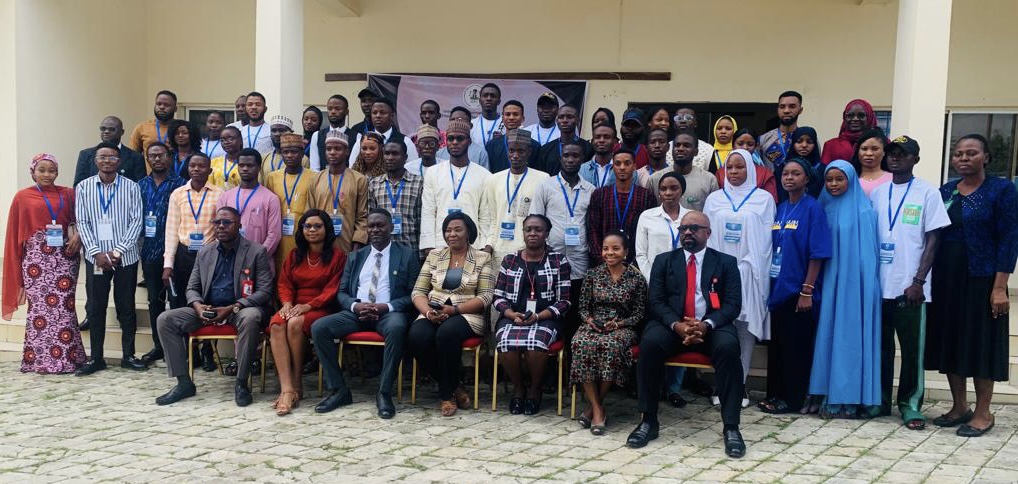The Independent Corrupt Practices and Other Related Offences Commission (ICPC) has charged students of Nigeria’s tertiary institutions to be courageous and speak up against the menace of sexual harassment in their schools.
This charge was given during a one-day sensitization workshop on sexual harassment for Tertiary Education Institutions held at ICPC’s Anti-Corruption Academy (ACAN), Keffi, Nasarawa State.
ICPC Chairman, Professor Bolaji Owasanoye, SAN, OFR, who was represented at the workshop by the Commission’s Spokesperson, Mrs. Azuka C. Ogugua, stated that it was important to sensitize the students on how to mobilize their peers as educators against sexual harassment and on how to gather evidence in a way that will help ICPC investigations.
“Students need to know the avenues through which they can report issues of sexual harassment and how to get in touch with the Commission and how to gather evidence in such a way that would help ICPC investigation. Right now, the Commission has filed charges against a certain professor in University of Calabar for sexual harassment. This was possible due to the bravery of the students who reported it to ICPC”.
“We want those of you present to be courageous and speak up against this menace, and in this forum, you will be exposed to how you can do this. Be that friend that encourages others to speak up and provide support for your friends when they do. Do not join to mock and stigmatize victims”.
The ICPC boss stressed that the Commission in its resolve to put a stop to the incessant cases of sexual harassment created a Special Sexual Harassment Unit, adding that the Unit has so far carried out capacity-building for ICPC investigators and prosecutors, held sensitizations on the menace, and drafted a model anti-sexual harassment policy for institutions in collaboration with CSOs.
The workshop, which had students and lecturers drawn from Nasarawa State University, Keffi and Bingham University, Karu witnessed interactive sessions on different topics ranging from multi-dimensional implications of sexual harassment, model anti-sexual harassment policy for tertiary institutions and the role of educational institutions as partners in the fight against corruption, amongst others.

